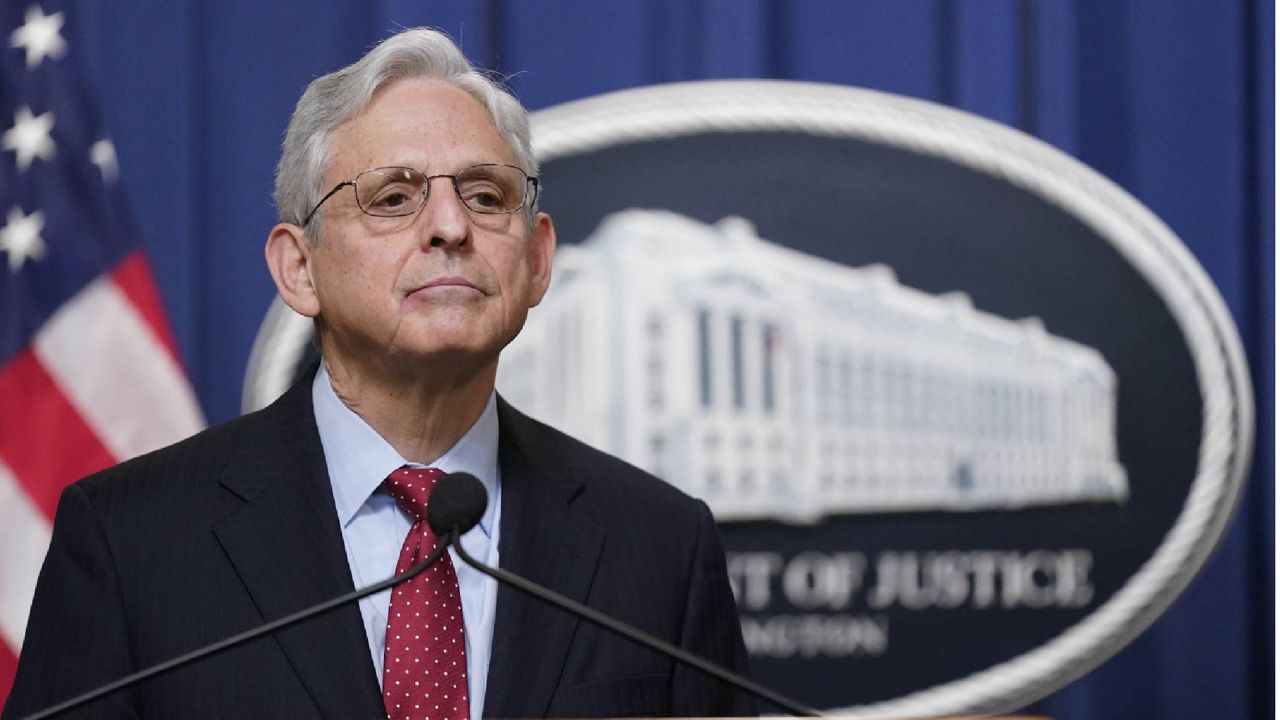The attorney general on Friday announced new efforts to boost the reporting and prosecution of hate crimes in the country, nearly one week after a Buffalo shooting that targeted a Black community and one year after the Department of Justice began its initial efforts to combat COVID-19 hate crimes.
Attorney General Merrick Garland spoke at an event marking a year since President Joe Biden signed the COVID-19 Hate Crimes Act into law, which in part required the DOJ to issue guidance for state and local governments to establish hate crime reporting processes.
On Friday, Garland announced $10 million in newly released funding from that law for grants that will help states establish hate crime reporting hotlines and develop local strategies to prevent and address the crimes.
He spoke days after a white man targeted a Black community in Buffalo, killing ten, in what the DOJ is investigating as a hate crime.
“Last weekend's attack was a painful reminder of the singular impact that hate crimes have, not only on individuals but on entire communities,” the attorney general said. “We will use every legal tool at our disposal to investigate and combat these kinds of hate crimes and their collateral impact that they have on the communities that they hurt.”
Since last January, the DOJ has charged 30 people with federal hate crimes. The department also now has a coordinator to oversee hate crimes resources, another requirement of the bill passed last year.
On Friday, the attorney general also announced a collaboration with the Department of Health and Human Services to issue new guidance aimed at raising awareness of hate crimes. It is meant to be used by community organizations, law enforcement and government officials as a tool to prevent more hate crimes.
And, Garland said, the department is also appointing for the first time a language access coordinator, Ana Paula Noguez Mercado, since language can be a barrier in reporting hate incidents.
HHS Deputy Secretary Andrea Palm said the issue was not just a matter of law enforcement but a matter of “public health.”
“We've seen what hate can do, what it can do if it remains unchecked,” she said. “We can honor victims’ memories by working to prevent more suffering moving forward.”
In the audience on Friday were the families of Heather Heyer — who died in Charlottesville during a white nationalist rally in 2017 — and Khalid Jabara, a Lebanese man who was gunned down by his white neighbor in 2016.
Measures within the hate crimes act signed into law last year are in their name as portions of the Jabara-Heyer NO HATE Act, including some of the millions in new grant money announced Friday.



